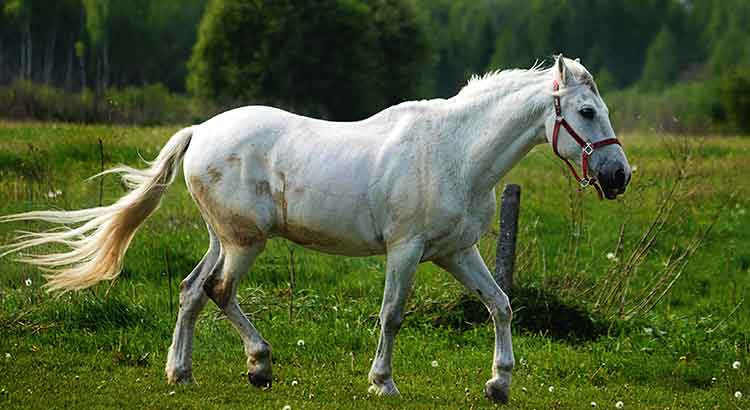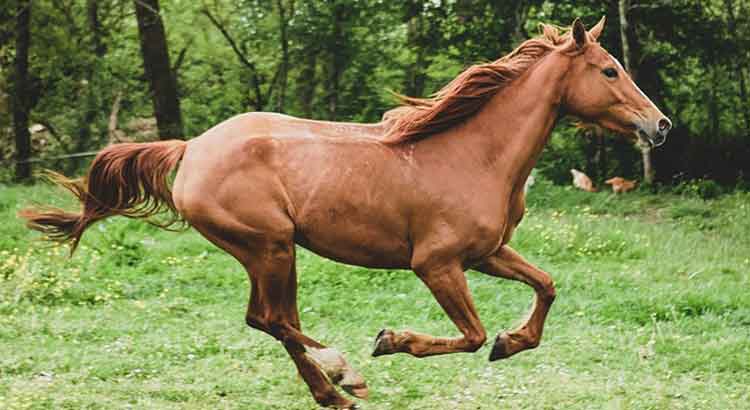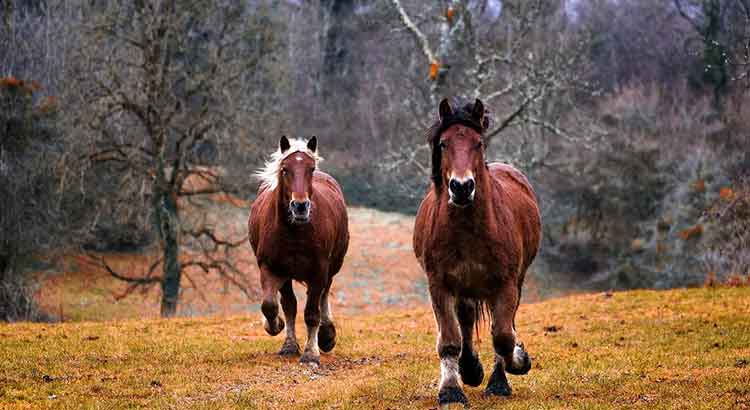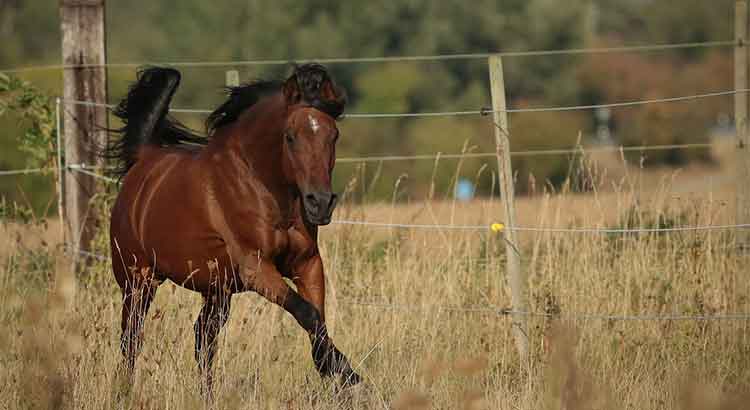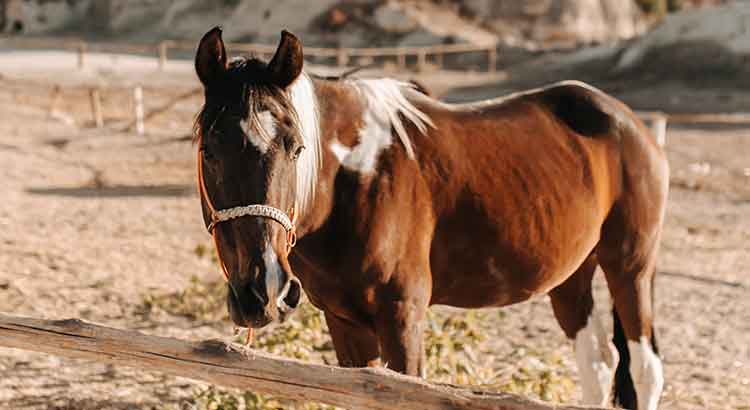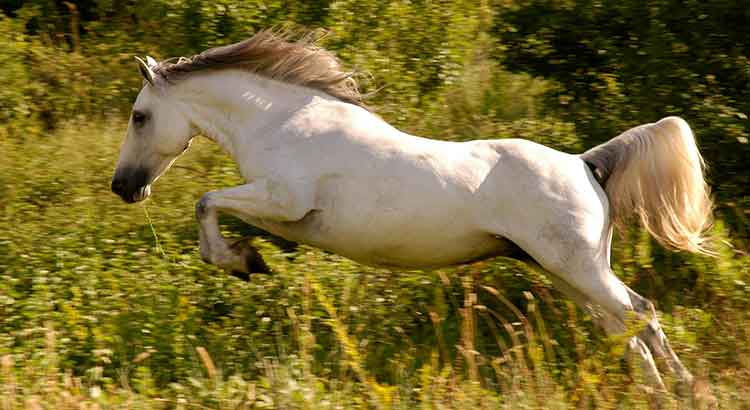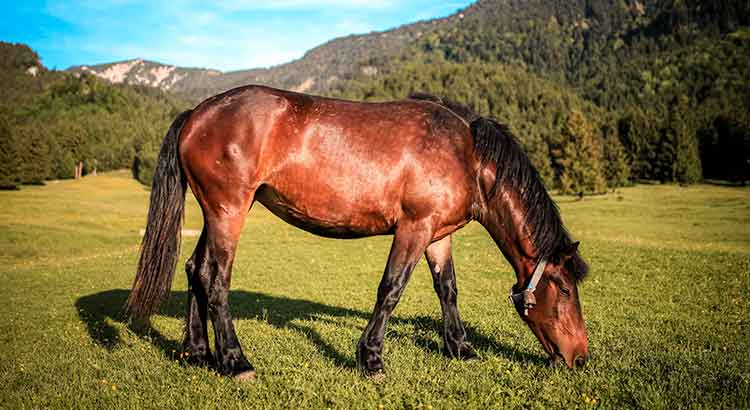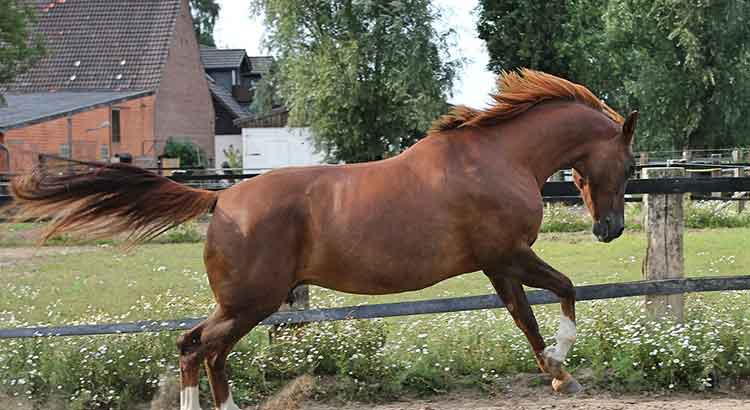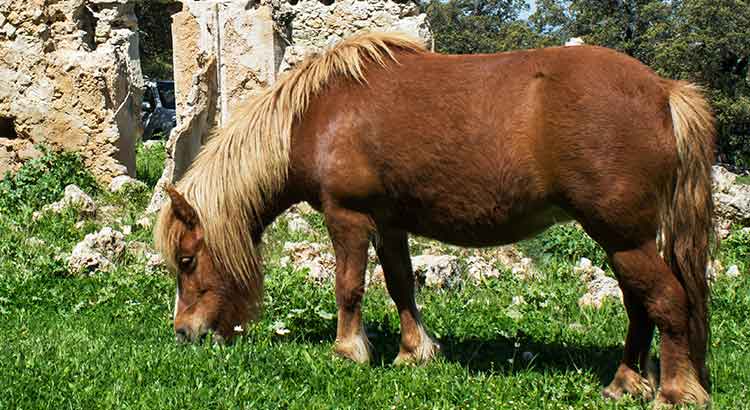Can Horses Eat Bread? (Nutrition, Portion, Risks)
Do your horses ever give you those big, pleading eyes when you’re munching on a delicious sandwich, leaving you wondering if it’s safe to share a bite? Let’s talk about the nitty-gritty of feeding your equine friends some bread. Yes, horses can eat bread, but moderation is key. The occasional small piece won’t harm, but … Read more

